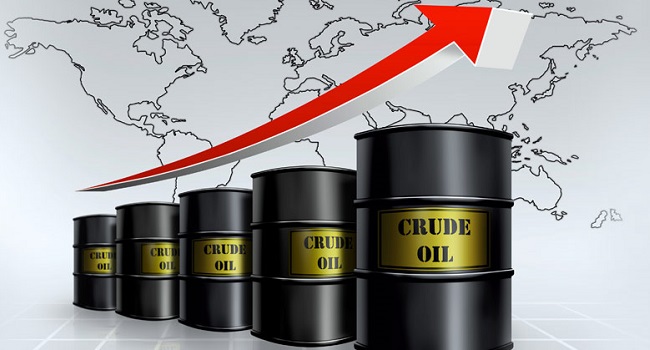Oil prices steadied on Wednesday after a steep drop in the previous session, following the cancellation of talks among OPEC+ producers that raised the prospect that the world’s major crude exporters will turn on the taps to gain market share.
Brent crude was up 3 cents at $74.56 a barrel by 0115 GMT, after slumping more than 3% on Tuesday. U.S. oil was up 7 cents at $73.44 a barrel, having declined by more than 2% in the previous session.
Energy ministers from OPEC+, a grouping that includes the Organization of the Petroleum Exporting Countries (OPEC) along with Russia and other oil producing countries, ended talks on supply policy on Monday. Divisions between Saudi Arabia, the biggest OPEC producer, and the United Arab Emirates (UAE), which opposed extending supply constraints designed to support prices after the fall in demand from the pandemic, were the main reason behind the failure of the discussions.
OPEC voted on Friday to raise production by about 2 million barrels per day from August to December and to extend the remaining output reductions to the end of next year, but UAE resistance scuppered an agreement.
Ministers of the Organization of the Petroleum Exporting Countries (OPEC) and its allies, a group known as OPEC+, called off oil output talks and set no new date to resume them, after clashing last week when the United Arab Emirates rejected a proposed eight-month extension to output curbs, meaning no deal to boost production has been agreed.
“Expectations of OPEC+ not adding the extra supply to the market from August lent support on Monday, but investors are not keen to move in either direction from here due to uncertainty over actual actions by the OPEC+ members from next month,” said Toshitaka Tazawa, an analyst at commodities broker Fujitomi Co.
Iraqi Oil Minister Ihsan Abdul Jabbar said on Monday that his country is committed to the current agreement with OPEC and its allies and does not want to see oil prices soaring above current levels to achieve stability.
He also said he hopes that in 10 days there could be a date for the next meeting.
OPEC+ agreed on record output cuts in 2020 to cope with a COVID 19-induced price crash.
Reuters report that the producers have been gradually easing the output restrictions, but a plan on Friday to lift output by about 2 million barrels per day (bpd) from August to December 2021 and to extend the pact on a series of gradual output shifts to the end of 2022 was blocked by the UAE.
“The sticking point focuses on UAE production levels under more normal circumstances. This is an issue we would expect OPEC to resolve prior to the termination of the current agreement in April 2022,” Alan Gelder, vice president at Wood Mackenzie, said in a report.















